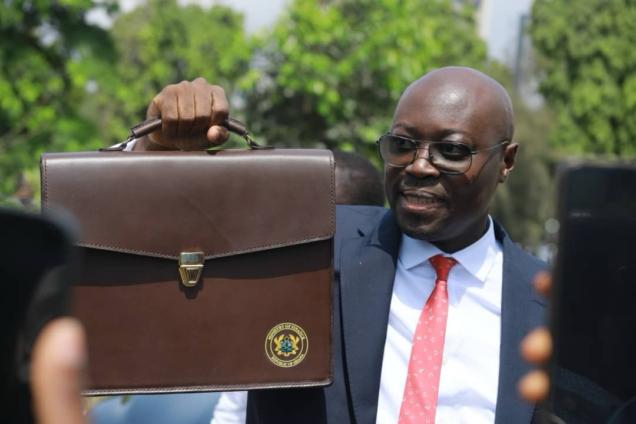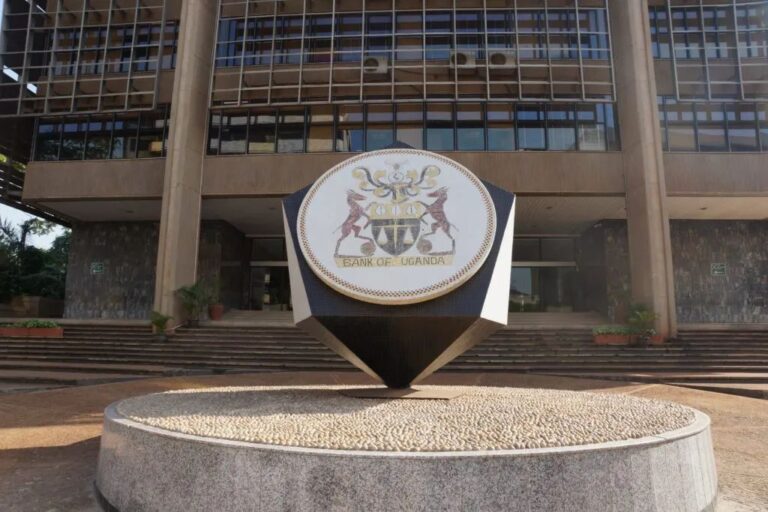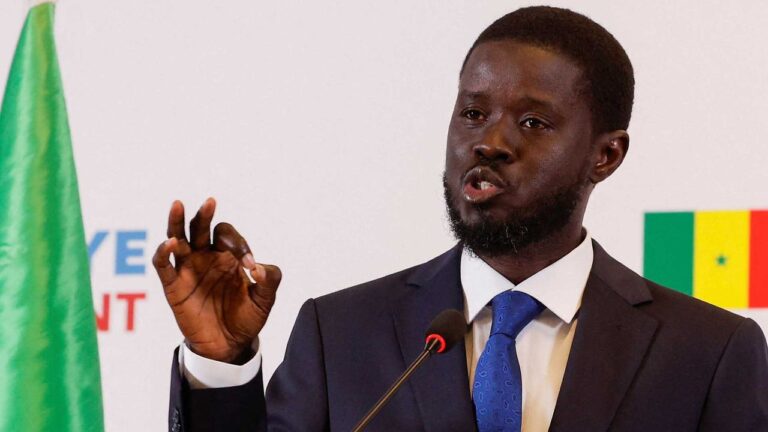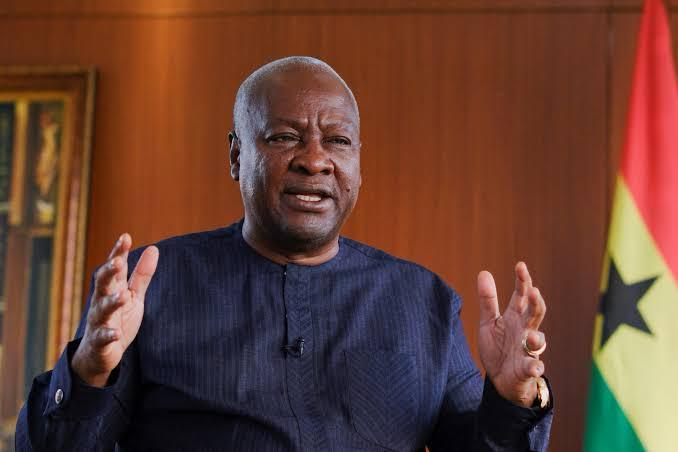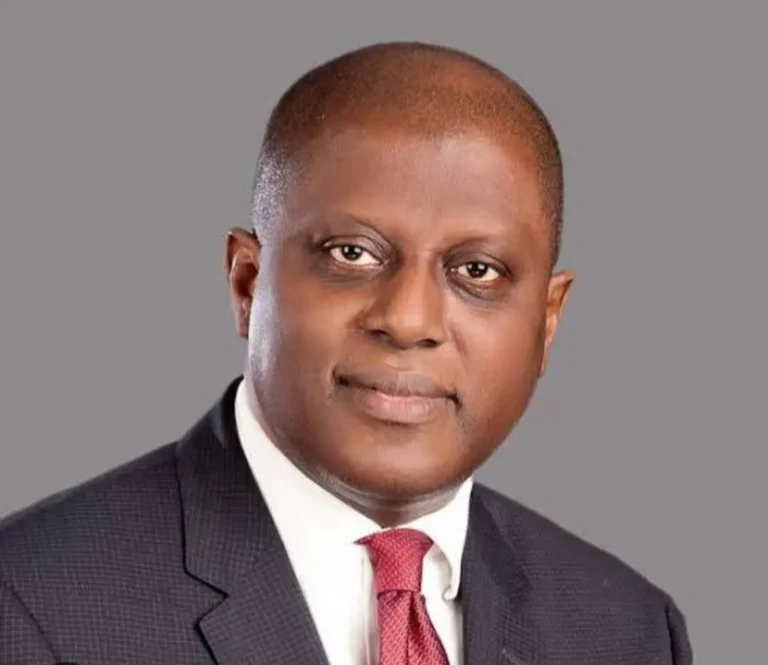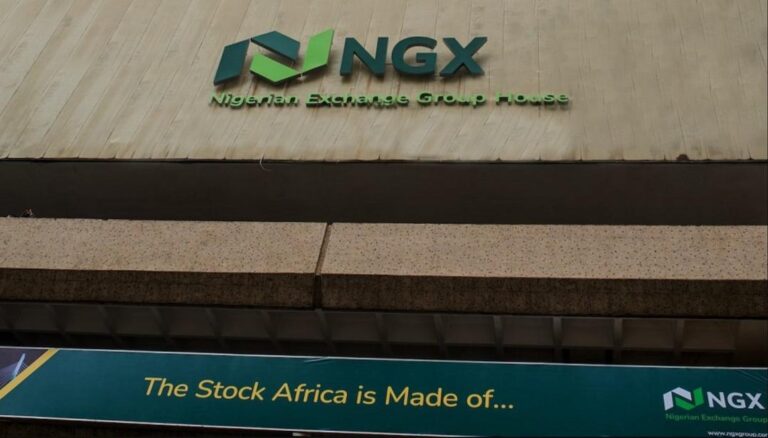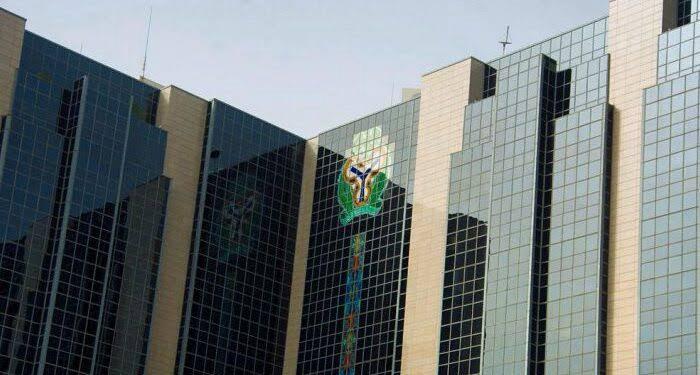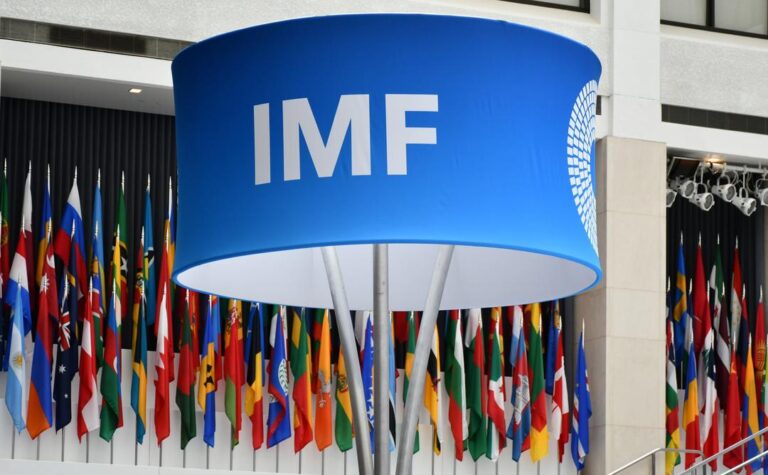Speaking during the presentation of the 2025 Mid-Year Fiscal Policy Review to Parliament, Ghana’s Finance Minister, Dr. Cassiel Ato Forson, revealed that the government has revised its overall budget deficit estimate for 2025 to 2.8% of Gross Domestic Product (GDP), down from the initial target of 3.1%.
Dr. Cassiel Ato Forson, said on Thursday that the nation is narrowing its fiscal deficit target for 2025, a direct result of a better-than-expected economic performance during the first six months of the year.
With Ghana’s projected GDP for 2025 estimated at $86.23 billion, this revised deficit translates to a target of roughly GHS 36.46 billion($2.41 billion), a reduction from the initial target of around GHS 40.36 billion ($2.67 billion).
This adjustment comes on the back of an improved revenue outlook and a more disciplined approach to public expenditure.

“Ghana’s fiscal position has significantly improved,” Dr. Forson declared, highlighting key indicators of economic progress. “The primary balance on commitment basis posted a surplus of 1.1% of GDP at the end of June 2025, beating the ambitious 0.4% surplus target.” He added.
This 1.1% surplus, based on the projected 2025 GDP, would be GHS 14.32 billion ($0.95 billion). He further stated that the overall fiscal deficit on a commitment basis stood at 0.7% of GDP, significantly outperforming the target of 1.8% for the same period.

This 0.7% deficit represents about GHS 9.11 billion or approximately $0.60 billion US Dollars, a considerable improvement from the initial target of around GHS 23.44 billion ($1.55 billion).
The Finance Minister attributed this favorable performance to a combination of factors, including robust economic growth and effective fiscal management.
Ghana’s economy expanded by 5.3% in the first half of 2025, marking its strongest performance since the global disruptions of 2020 and exceeding the 4.9% growth recorded in the same period last year.
Non-oil GDP growth was particularly strong, reaching 6.8% in the first half of the year, the highest since 2018.Dr. Forson also pointed to other positive macroeconomic trends. The revised targets are also in line with the requirements of Ghana’s program with the International Monetary Fund (IMF), which had set a 3.7% of GDP target for the overall fiscal shortfall and a 1.5% surplus for the primary balance.




